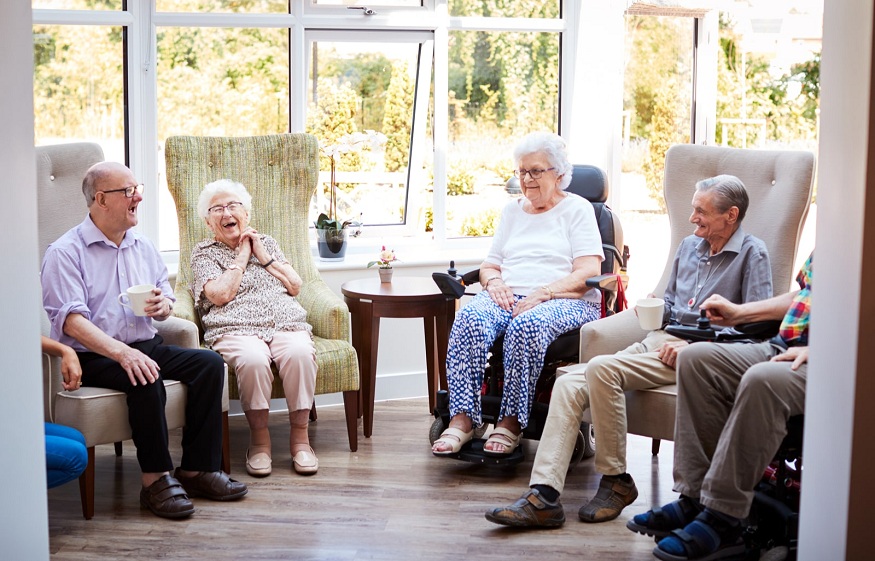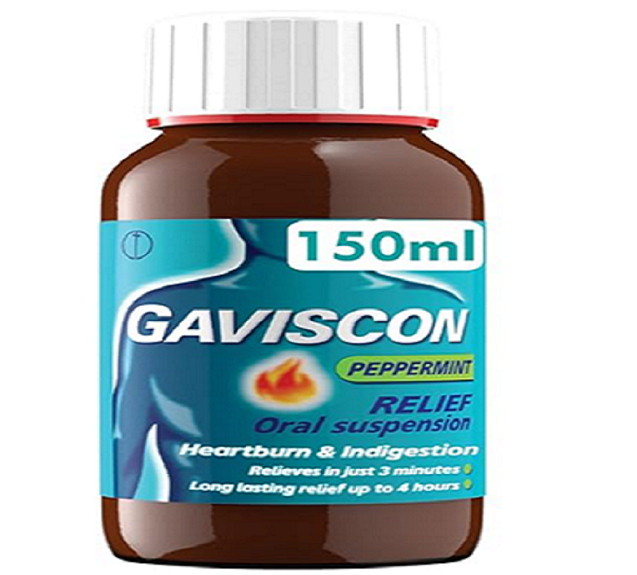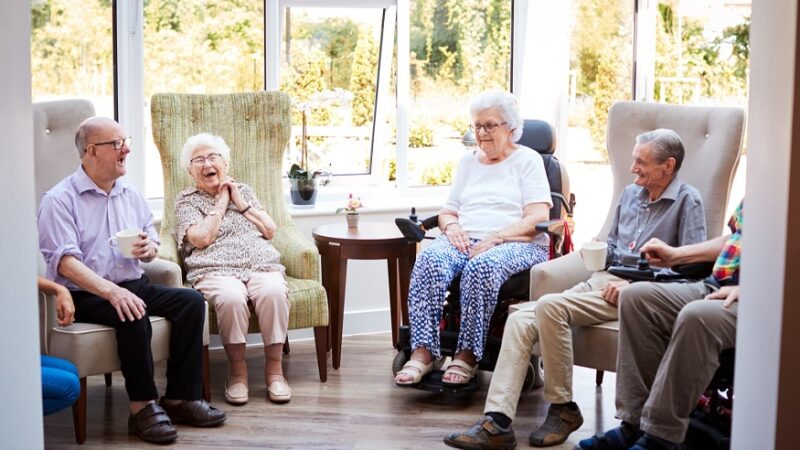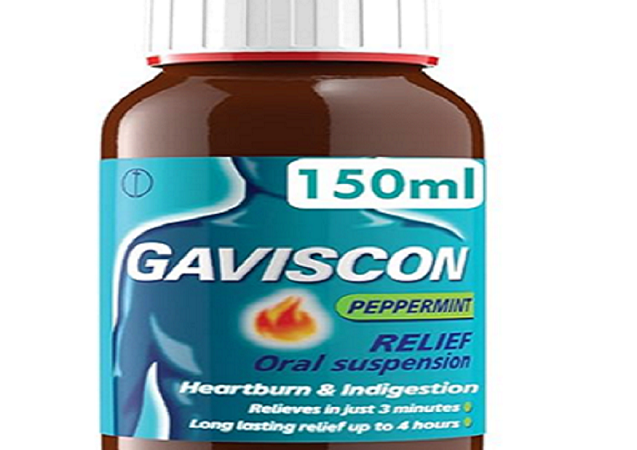Isolation quietly destroys older adults in ways that rival serious diseases. Yet the solution often involves something surprisingly simple: regular social connections that bring meaning and joy back into daily life.
Many families struggle to find appropriate social opportunities for older loved ones, especially when considering residential options. Understanding how vital social engagement becomes helps families evaluate environments that prioritize community connections, whether at home or in specialized settings like an old folks home.
1. Mental Health Gets a Real Boost
Being around other people seriously fights off depression and anxiety – stuff that hits way too many older adults. Having regular chats and hanging out with folks provides emotional backup while keeping that crushing loneliness from taking over completely.
Real conversations do something for your brain that crossword puzzles and TV reruns just can’t touch. When seniors get into discussions, swap old stories, or pick up new things from other people, they’re working out their minds while actually enjoying themselves with real human beings.
2. Physical Health Improves Without Trying
Group stuff gets people moving around without it feeling like some dreaded workout routine. Social meetups give seniors reasons to get dressed up nice, travel somewhere, and move their bodies way more than they would just sitting at home all day.
Take this retired woman down the street – she joined a book club that meets six blocks away. Those twice-monthly walks turned into the best part of her whole routine. She actually started getting excited about the physical activity because it meant seeing her book friends.
3.Brains Stay Sharp Through Interaction
Being around other people creates natural mental challenges that keep your mind working:
Playing games – whether it’s cards, board games, or random trivia – works different parts of your brain than doing stuff alone. Sharing stories makes you dig up memories and put them together in ways that keep your recall sharp while giving everyone something fun to talk about.
Taking classes or joining discussions brings in new ideas, while having other people around makes learning feel less intimidating. Planning group events or helping others figure stuff out exercises your problem-solving skills in ways that actually matter.
This mental exercise happens automatically when you’re being social, which makes it way easier to stick with than those formal brain training programs that feel like homework.
4. Purpose and Meaning Come Back
Lots of seniors feel pretty useless after they retire or when their bodies start limiting what they can do. Social activities that let them help others or contribute to group projects bring back that sense of actually mattering.
Volunteering, mentoring younger folks, or just being the person everyone counts on to show up gives seniors important jobs that go beyond just taking care of themselves. Contributing to something bigger provides satisfaction that doing stuff alone just can’t match.
5. Safety Nets Develop Automatically
Social groups create natural watching-out-for-each-other systems where members notice changes in behavior, health, or general well-being. This informal keeping an eye on things often catches problems early, before they turn into serious situations needing professional intervention.
One friend’s bridge group figured out something was wrong when Margaret missed two games without calling. They went to check on her and found she’d fallen but couldn’t reach her phone. Their concern probably prevented things from getting much worse.
Making Social Connection Happen
Good social programs for seniors need variety, easy access, and genuine opportunities to engage with others. Activities should match what people are interested in and capable of while providing room for growth and meaningful interaction.
Getting there, timing, and physical accessibility all make huge differences in whether people actually participate. Even the best programs fail if seniors can’t easily attend or if activities conflict with doctor appointments and other necessary stuff.










